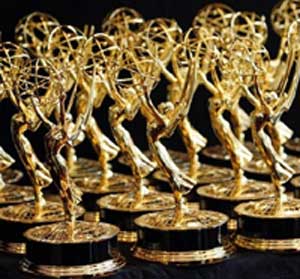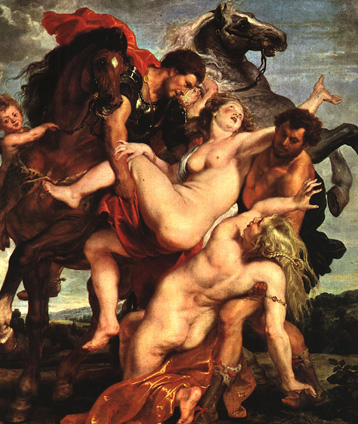 VANCOUVER – Following accusations it was attempting undue suppression of a gay dating website’s rights to free speech and promotion, the Canadian Olympic Committee has withdrawn its objection to the company’s trademark application.
VANCOUVER – Following accusations it was attempting undue suppression of a gay dating website’s rights to free speech and promotion, the Canadian Olympic Committee has withdrawn its objection to the company’s trademark application.
The COC claimed Interactive Male’s logo was confusingly similar to a symbol used to denote an Olympic wrestling event…in 1976.
“We have an obligation to protect various Olympic Games-related marks, which include pictograms,” COC representative Isabelle Hodge told The Vancouver Sun. “But after reviewing all the information, we agree with Interactive Male that there’s little chance this particular pictogram will cause any confusion with existing Olympic pictograms.”
The Interactive Male logo has been in use since 2004. Parent company Teligence filed a Canadian trademark application including the logo in March 2005. According to Joe Rachert, senior manager of promotions and public relations for Interactive Male, the COC’s objection to the application surfaced only after the Canadian federal government passed a bill restricting the use of certain verbiage and symbols when they are employed in such a way as to imply an official relationship with the Winter Games scheduled for Vancouver in 2010.
Even in that light, the COC’s arguments were specious, Rachert said.
“It’s hard to resist the obvious jokes about confusing the COC with a gay men’s dating service,” he said. “Our advertising reflects our logo and often depicts two male models interacting in a manner that does not resemble any Olympic sporting activity that I’ve ever seen. Of course, there’s always a little sport involved in dating. But let’s face it: We’re a voice and video chatline for gay men. No one is going to mistake us for anything Olympic.”
Rachert told The Vancouver Sun Interactive Male spends about $10 million annually on North American advertising, so the company was loath to ditch its recognizable logo.
“Our logo is a meaningful representation to the GLBT community,” Rachert said. “We have invested a great deal of money and energy in building our brand through advertising, sponsorship and community involvement, so we want to protect that investment.”
Regardless, Rachert said the public should continue to question whether the Canadian government has overstepped its bounds in attempting to protect the Vancouver Olympics from a non-existent threat.
“I think the public needs to question the extent and power of the COC’s domain,” he said. “The COC images are drawings of people playing sports; our logo is letters that vaguely resemble stick men. …[W]ho will they go after next? Will Canada have to change all the stick-figure washroom signs?”












No Comment